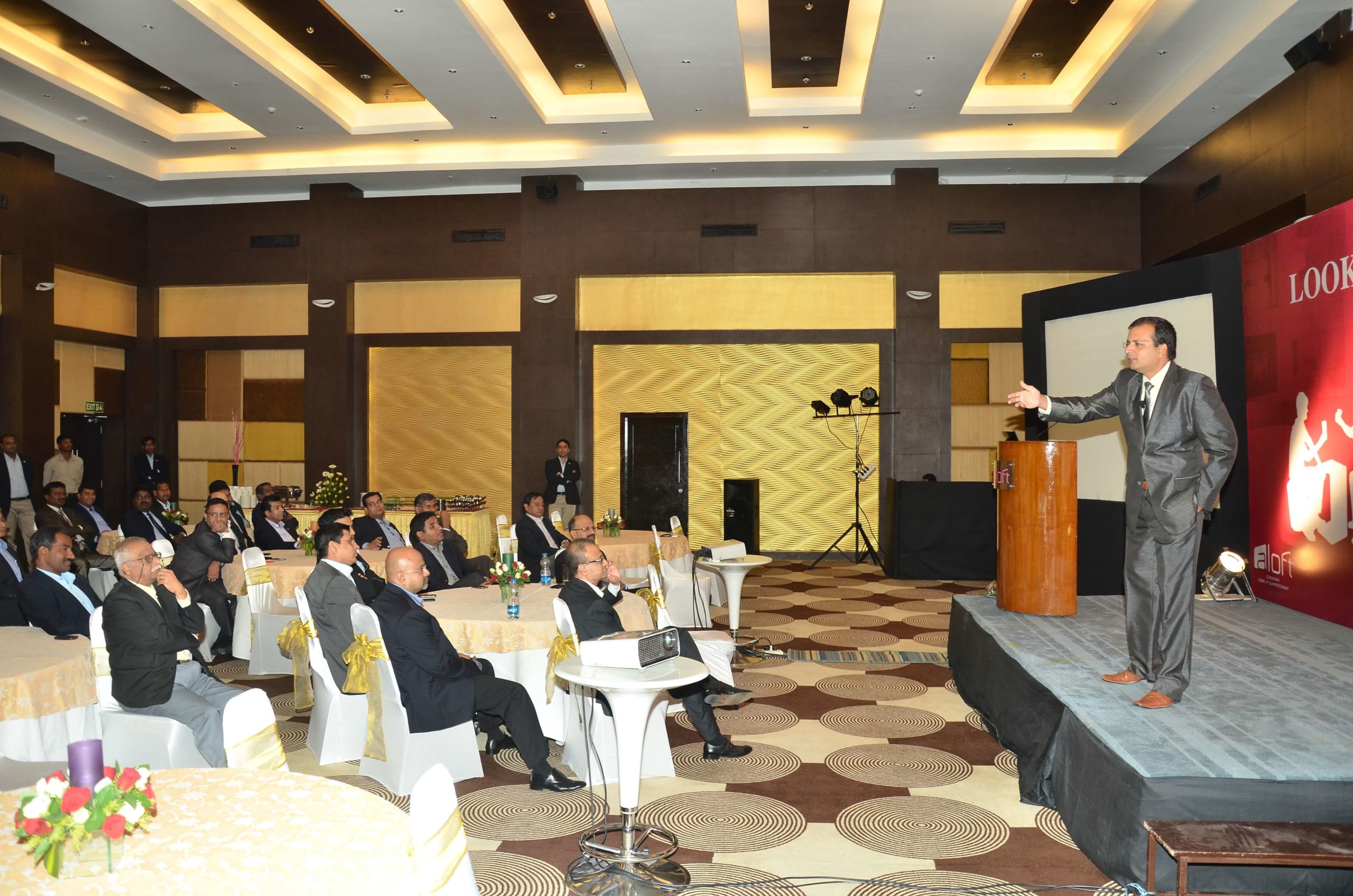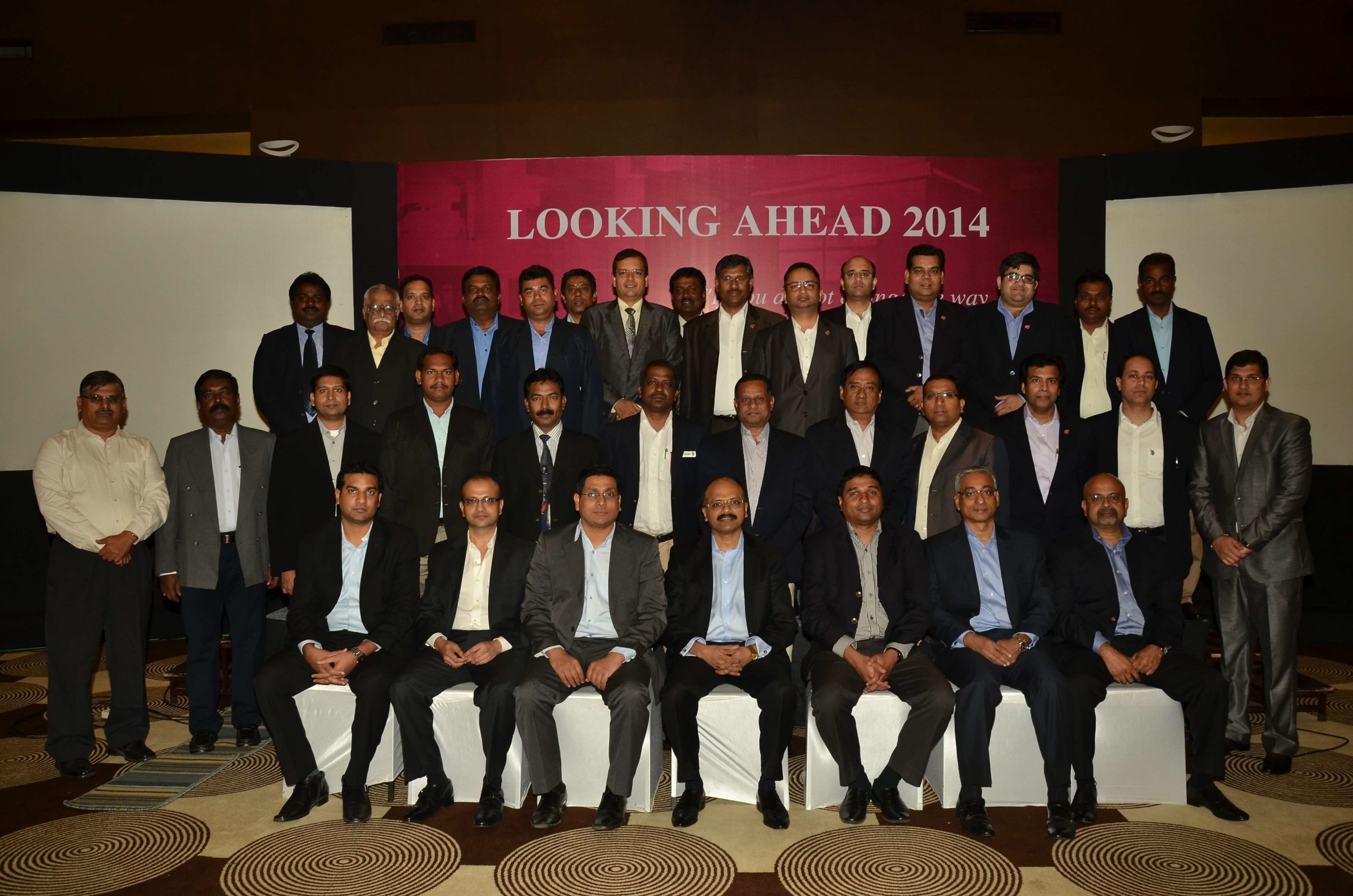
Ramiah addressing the corporate team of Auromatrix Hotels, Appollo Finance, Aloft Starwood & Sparsa Hotels General Managers and Finance Heads… Chennai, 14 Mar 2014
- Bill Marriott famously once said “I want our associates to know that there really is a guy named Marriott who cares for them“. He understood that if his team were to share his vision, they needed to know of his existence as a caring, understanding and existing personality!
- Ricardo Semler who pioneered the Semco story and articulated his success in empowering and creating a common vision believed in a decentralized, participatory style and has let his employees set their own hours, wages, even choose their own IT. In 1990, the Brazilian economy went into a severe downturn, forcing many companies to declare bankruptcy. Workers at Semco agreed to wage cuts, providing their share of profits was increased to 39%, management salaries were cut by 40% and employees were given the right to approve every item of expenditure. How has he fared? Semco’s revenues have jumped from $35 million to $212 million in NINE years, with an annual growth rate of 40% and the firm grew from several hundred employees to 3,000—with employee turnover of about 1 percent.
- Henry Ford said once that “if everyone moves forward together, then success takes care of itself“
Beyond a point, an employees primary need has less to do with money, and more to do with how he’s treated and how valued he feels. If you are losing good people, look to their immediate supervisor/manager. Findings through a survey by Marcus Buckingham & Curt Coffman revealed that “People leave Managers, not Companies.”
Is a shared vision possible? If so, then is it also possible that senior resources who hold the reins of a hotel company re-look at these phrases?
- The General Manager… a) must take ownership… b) is the owner of the P&L… c) is a stake-holder.
- The Owner / Investor / Promoter must… a) have empathy… b) understand operational needs… c) care for the operational team

With the Auromatrix Corporate Team, Apollo Finance & Aloft and Sparsa Hotel GMs/FCs



